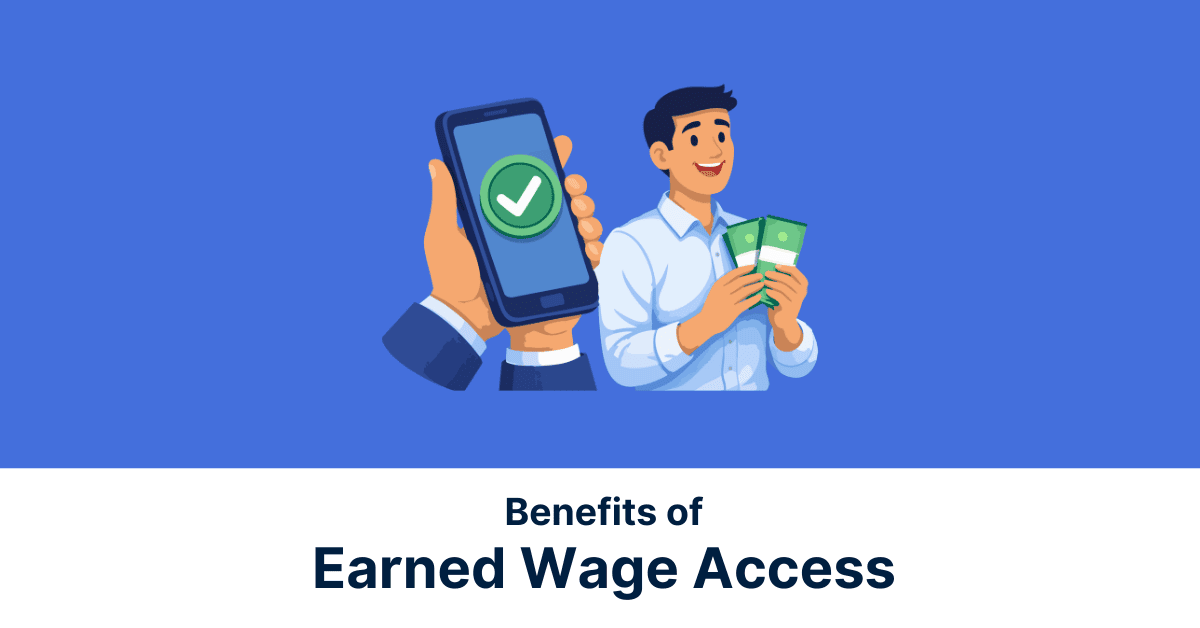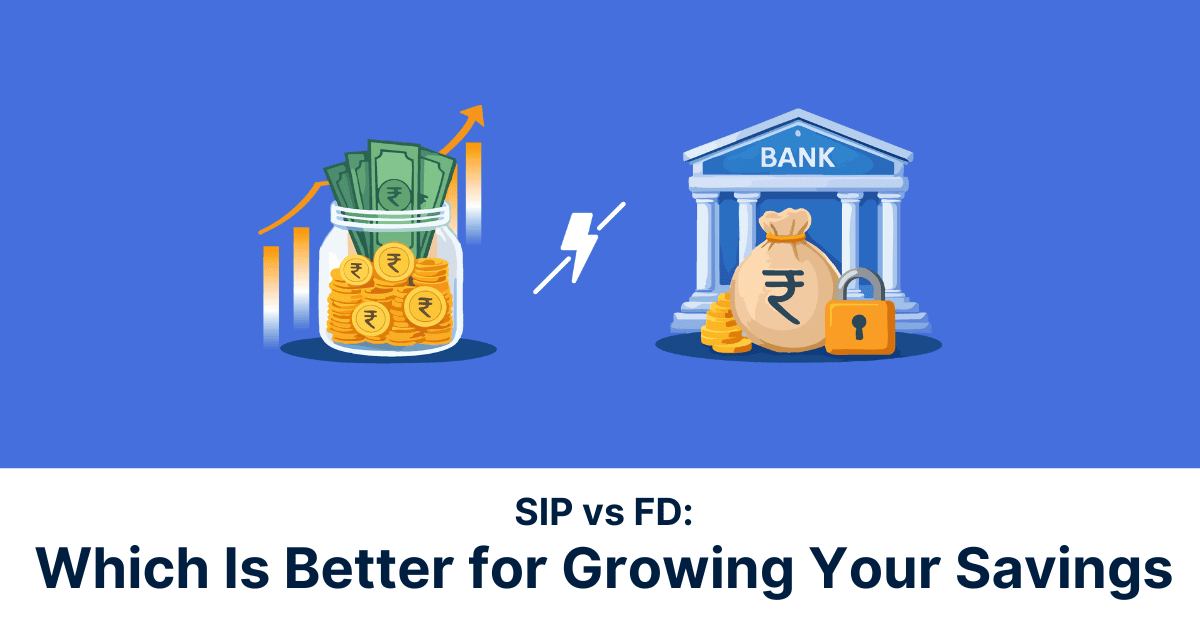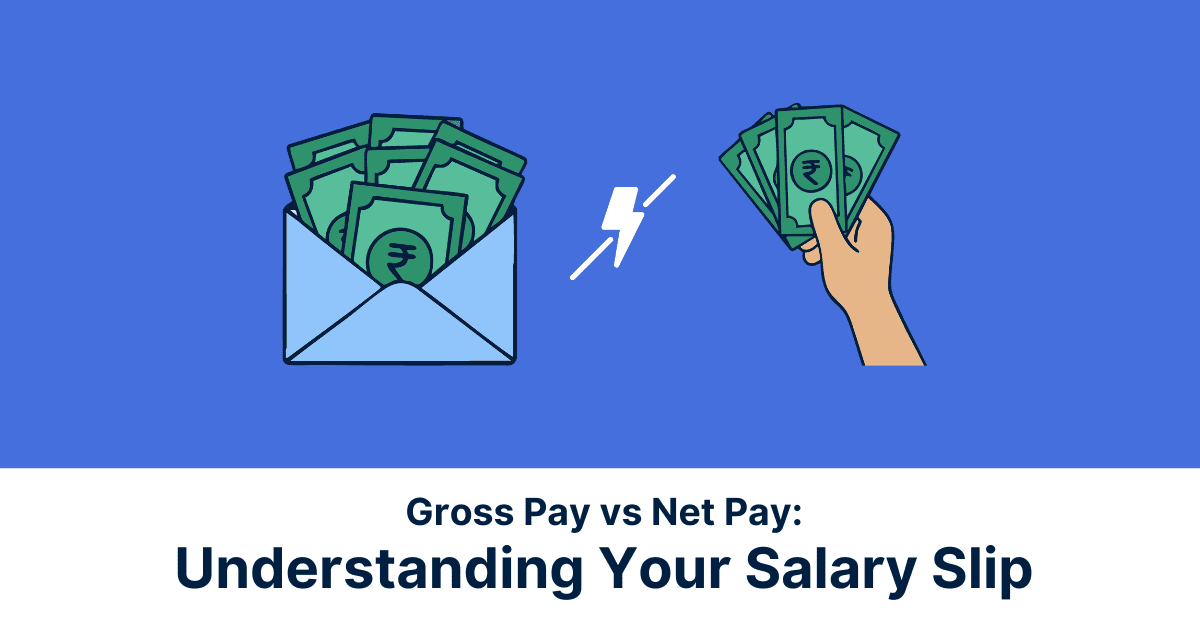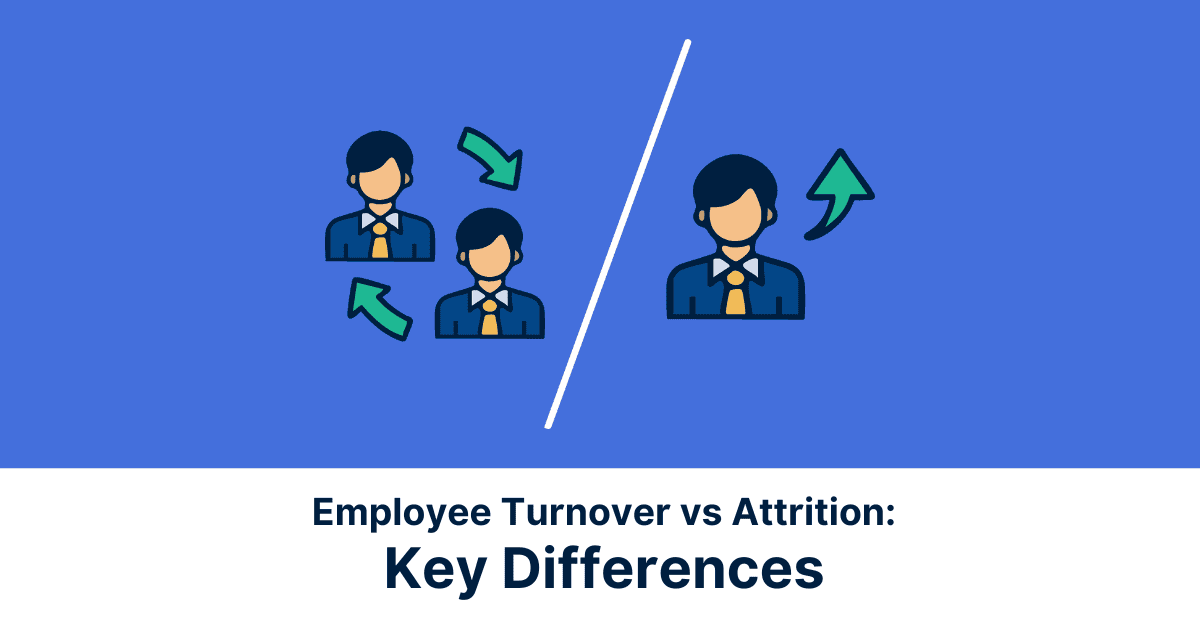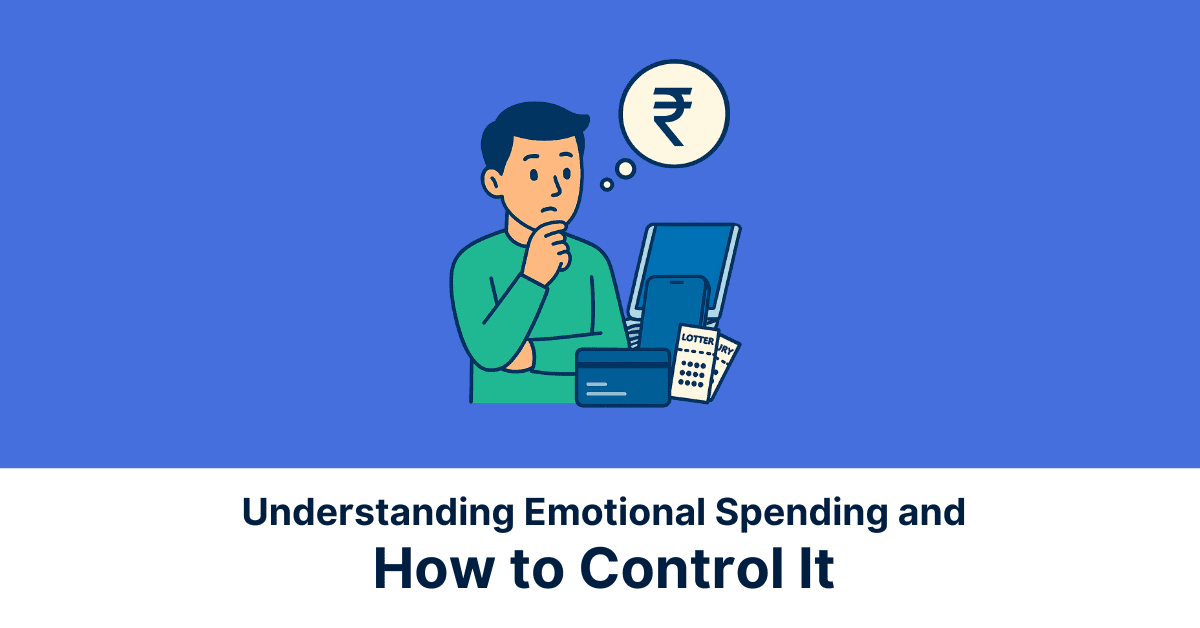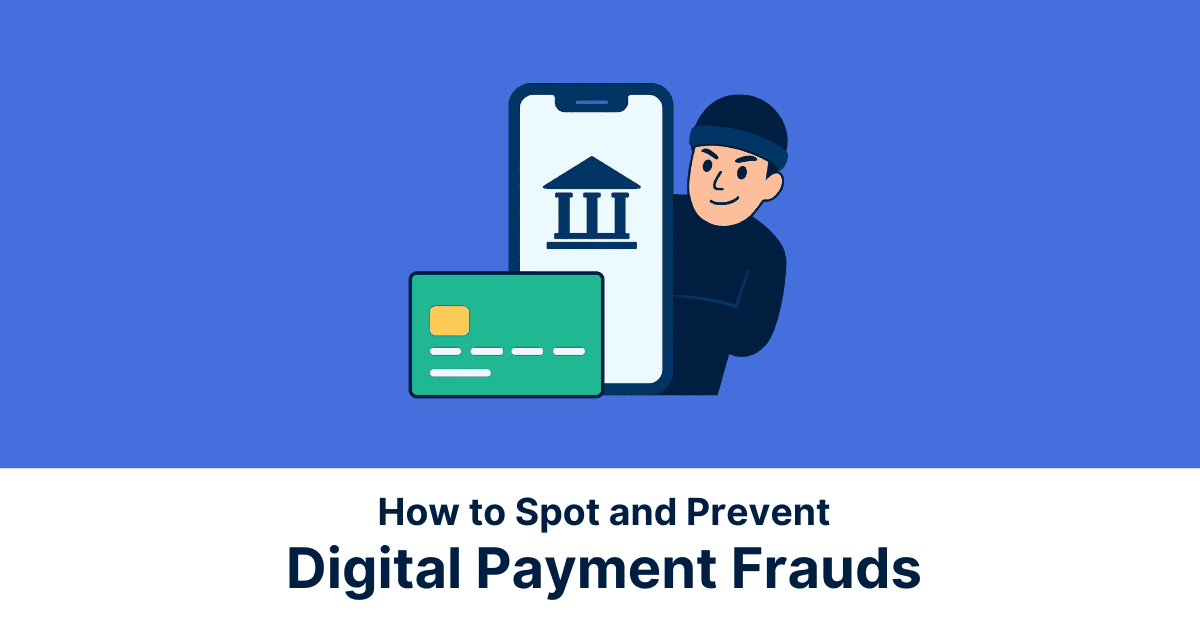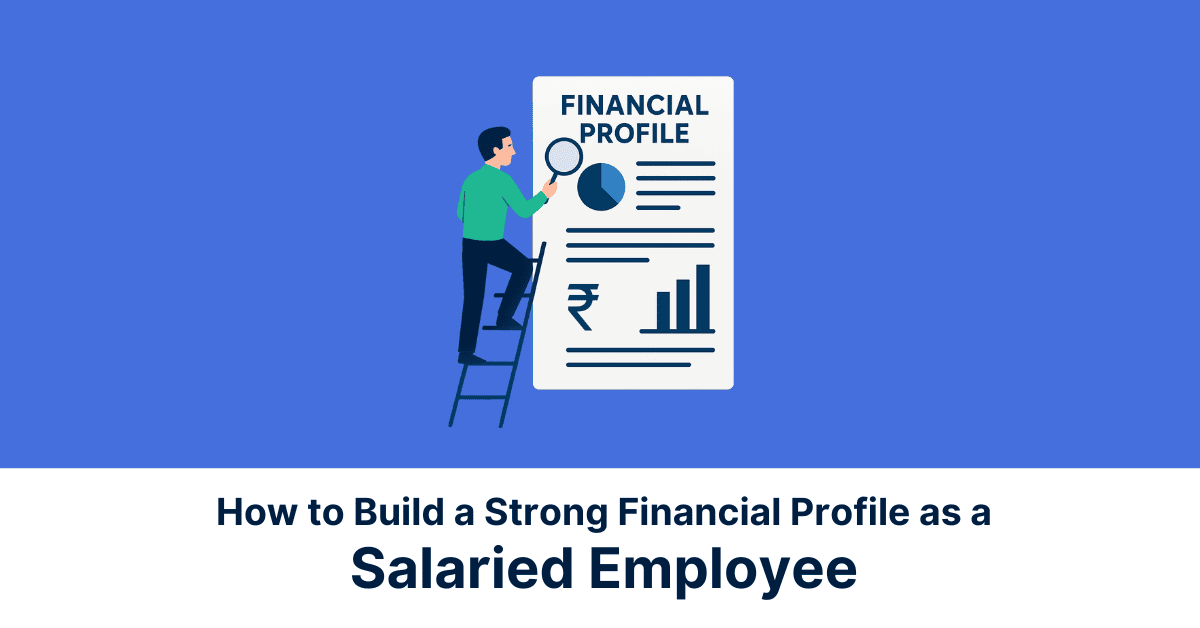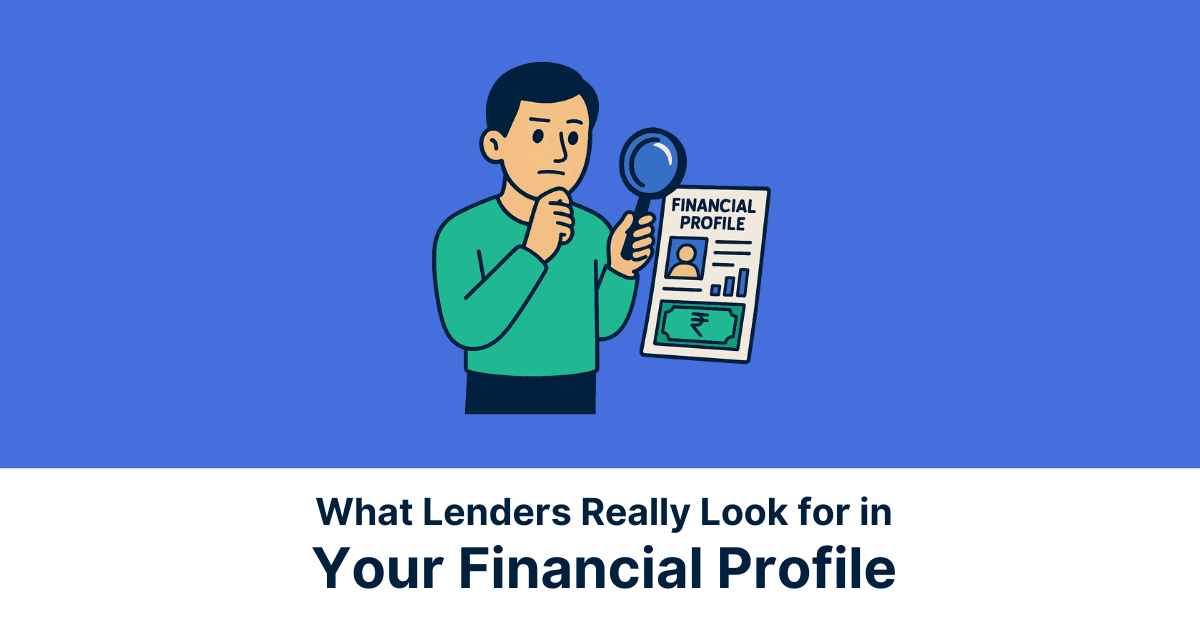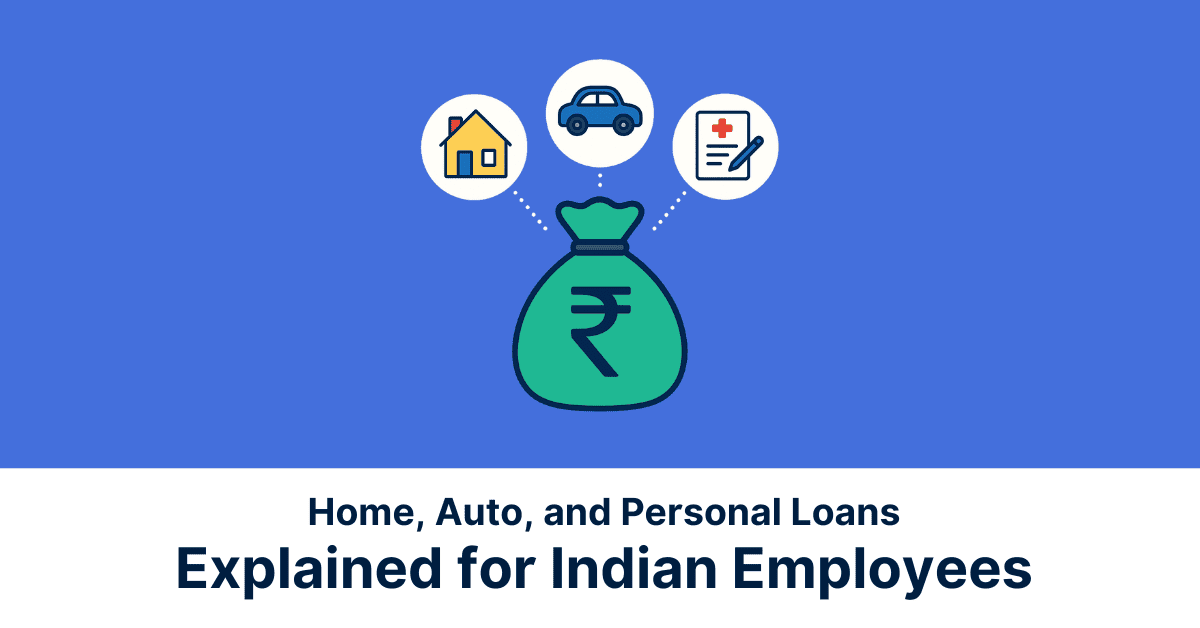In India, personal loan frauds are becoming increasingly common, especially with the rise of online platforms and digital payments. Many salaried employees are vulnerable to these scams, which often promise quick loans with minimal documentation or attractive interest rates. However, without careful scrutiny, these offers can lead to significant financial and personal harm.
In this blog, we will explore how to spot fake loan offers, what red flags to look for, and the steps you can take to prevent falling victim to online loan scams. Stay informed and protect yourself from fraudulent schemes that exploit financial trust.
What Are Personal Loan Frauds?
Personal loan frauds are deceptive schemes where fraudsters impersonate legitimate financial institutions to trick individuals into sharing sensitive personal information or paying upfront fees. These scams often occur online and can target anyone looking for a loan. The fraudsters typically promise quick disbursal of loans or offers with no credit checks, which seems too good to be true.
In India, with the increasing reliance on online loan platforms and apps, fraudulent entities exploit the lack of awareness among individuals. These scams may involve phishing emails, fake loan apps, or even phone calls that impersonate bank representatives.
The ultimate goal is either to steal personal details like bank account information, force the victim into paying hidden fees, or gain unauthorized access to the person’s financial accounts. Recognizing these fraudulent tactics early on can save you from serious financial loss.
Types of Personal Loan Scams
Personal loan frauds can take various forms, with scammers using different tactics to deceive borrowers. Here are some common types of loan scams:
Fake Loan Offers
Fraudsters may send unsolicited emails or SMS messages claiming that you’ve been pre-approved for a loan. They often ask for upfront fees or sensitive personal details to process the loan, but no loan is ever disbursed.
Fake Loan Apps
Scammers create fake apps that look like legitimate financial platforms. Once you enter your details, they either steal your information or charge hidden fees without providing the loan.
Identity Theft
In some cases, fraudsters may use the loan application process to steal your personal information, using it for unauthorized access to your financial accounts or taking out loans in your name.
Why These Scams Are Dangerous
Personal loan scams can have severe financial and emotional consequences. Beyond the immediate loss of money due to upfront fees or identity theft, these scams can damage your credit score and financial reputation. If your personal details are stolen, fraudsters may use them to open unauthorized accounts or make purchases, leaving you responsible for the debt. Additionally, falling victim to a scam can lead to prolonged financial recovery and increased difficulty when trying to secure legitimate loans in the future. Recognizing these scams early can prevent long-lasting harm to your financial health.
How to Spot Fake Loan Offers
Spotting a fake loan offer can save you from financial and emotional distress. Fraudulent loan offers often look legitimate on the surface, but there are key red flags to look out for.
Unrealistic Promises or Guarantees
One of the most common signs of a loan scam is the promise of easy approval or no credit checks. If a lender claims you can get a loan instantly or without any credit verification, it’s a huge red flag. Legitimate lenders will always assess your creditworthiness to determine your eligibility.
High Processing Fees or Upfront Payments
Scammers often ask for an upfront payment or processing fee before disbursing the loan. Legitimate institutions will never require you to pay anything in advance. Always be cautious of any lender that requests money upfront, especially if they claim it’s for administrative or legal purposes.
Unsolicited Offers via Email or SMS
Receiving unsolicited loan offers via email or text from unknown sources is a clear sign of potential fraud. These messages may include links to fake websites or phone numbers that lead to scammers posing as legitimate loan agents. Always verify the sender’s details before engaging.
Lack of Transparency on Terms and Conditions
If the loan offer seems vague about terms like interest rates, repayment schedules, and fees, it’s likely a scam. Legitimate loan providers provide detailed information and transparent terms. If you’re unable to find this information, it’s a sign you should walk away.
How to Check if a Loan Company is Legitimate
Before you apply for a loan, it’s crucial to verify that the loan company or app is legitimate. There are several key steps you can take to ensure you’re dealing with a trusted provider.
Check the Company’s Registration and License
Make sure the loan company is registered with the Reserve Bank of India (RBI) or other relevant regulatory bodies. Legitimate lenders will always display their registration details and provide information about their licenses. If you cannot find this information on their website or app, it’s a warning sign.
Review Customer Feedback and Complaints
Do your research by reading customer reviews and complaints. Look for genuine feedback on trusted platforms like Google Reviews, Trustpilot, or forums. Check whether other borrowers have faced issues with the lender, especially concerning loan disbursement, fees, or customer service.
Verify Contact Details and Physical Address
A legitimate company should have a verifiable business address and customer service contact details. If the company only operates online and lacks a physical address or phone number, it’s a red flag. Always cross-check contact information and ensure it’s valid.
Steps to Take if You’ve Fallen Victim to a Fake Loan Scam
If you’ve already fallen victim to a loan scam, it’s crucial to act quickly to minimize damage. Here are the immediate steps you should take:
Report the Incident to the Authorities
As soon as you realize you’ve been scammed, report it to the cybercrime department or file a complaint with your local police. The Government of India has an official cybercrime portal (cybercrime.gov.in) where you can report such frauds. Additionally, contact the lender (if they are pretending to be a legitimate institution) to notify them of the fraudulent activity.
Block Bank or Payment Accounts
Immediately block your bank accounts, credit cards, and any other payment channels linked to the fraud. Contact your bank to inform them of the fraud, and request a freeze on your account to prevent further unauthorized transactions.
File a Complaint with the Lender’s Complaint Cell
If the scam was committed by a fake loan company or app, file a complaint with their official complaint cell. While this might not always lead to a resolution, it is essential to document the incident. Be sure to gather evidence, including any screenshots of the scam and communication records.
How to Avoid Online Loan Scams
Preventing online loan scams is much easier than dealing with the aftermath. Here are some essential steps to help you avoid falling victim to fraudulent loan offers:
Do Your Research Before Applying
Before applying for any loan, take the time to research the company or app. Check for their regulatory certifications and licensing with authorities like the Reserve Bank of India (RBI).
Look for user reviews, ratings, and any complaints to assess the company’s credibility. Verify their website’s security (look for “https” in the URL) and ensure they provide detailed information about their loan terms.
Use Only Trusted, Verified Platforms
Always use recognized and trusted financial institutions or digital payment platforms for loan applications. Avoid downloading loan apps from third-party app stores.
Stick to well-known apps and websites from established banks, NBFCs (Non-Banking Financial Companies), or government-approved platforms.
Enable Two-Factor Authentication for Accounts
Secure your financial accounts with two-factor authentication (2FA) whenever possible. This extra layer of protection can significantly reduce the risk of unauthorized access, even if your login credentials are compromised. Many banks and financial apps offer 2FA, so make sure to enable this feature on all your accounts.
Conclusion
In today’s digital world, being vigilant about online loan scams is crucial for protecting your financial security. By understanding the common signs of fraud, checking the legitimacy of loan providers, and following safe practices such as using trusted apps and enabling two-factor authentication, you can significantly reduce the risk of falling victim to scams.
Always do your research, stay informed, and act quickly if you suspect fraud. Protect your personal information and avoid unnecessary financial loss by being proactive in your approach to loan applications.
*Disclaimer:
The information contained herein is not intended to be a source of advice concerning the material presented, and the information contained in this article does not constitute financial advice. The ideas presented in the article should not be used without first assessing your financial situation or without consulting a financial professional.



